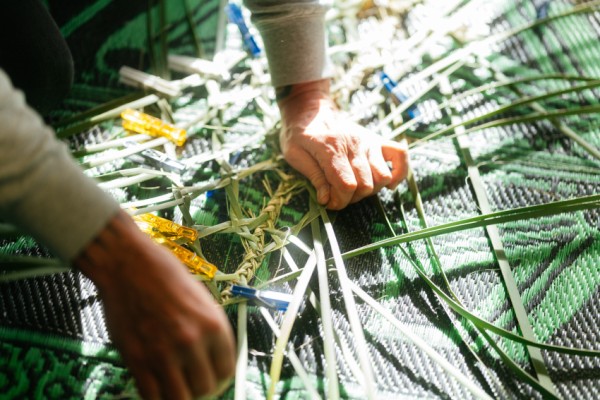
Please try to be kind to yourself – you’re carrying a lot.
Grieving after a suicide loss is not something you need to “get over”. Instead, it’s something you move through, at your own pace, in your own way. You may be trying to make sense of something that may not make sense at all. That takes energy, time, and deep compassion for yourself.
Some days, you may feel the need to sit with your grief. On other days, you might find comfort in returning to familiar routines or even taking a break from the heaviness of loss. There’s no one way to grieve. No right length of time. You might already know what brings you comfort, or you might still be figuring that out, and that’s okay. What you need today may be different from what helps tomorrow.
Special dates like birthdays, anniversaries, holidays, or milestones can be especially tough. You might want to plan ahead: spend time with whānau, visit a place that holds meaning, light a candle, or hold a quiet moment of remembrance. Or, you might choose to treat the day as just another day. Both are okay. Do what feels right for you.
You don’t have to do it all alone. Stay connected to the people who care about you: whānau, friends, kaumātua, counsellors or support workers. Let others help where they can, even in small ways like bringing kai/food, sitting with you, or picking up tasks. You could create a ‘wish list’ of things you need assistance with, and give it out to those who want to support you. If it feels right, tell them what you need, or just let them walk alongside you, even if silence.
Here are some more ideas that might help:
- Spend time with people who make you feel safe. Whakawhanaungatanga/staying connected can be really hard when grieving, so lean on others to help take the lead in making regular, real connections.
- Plan and prioritise gatherings with whānau and friends. Create activities together – planting or gathering kai/food, swimming at your awa/river or moana/ocean, walking in the ngahere/bush. Remember tamariki are grieving too, and shared activities help everyone.
- Even if you feel like you're on your own, please remember you're not alone. You might find it helpful to call a free helpline or join a support group for people bereaved by suicide.
- Be with nature. Connect with your whenua/land, maunga/mountain, awa/river, moana/ocean or marae. Some sunlight and fresh air can gently lift your mood.
- Move your tinana/body. A slow walk, stretching or light exercise can help process tension and emotion.
- Do something with your hands. Cook, garden, draw, or create with your whānau or friends. These small actions can ground you.
- Talk, write or reflect. Kōrero with someone you trust, keep a journal, or sit quietly with your thoughts. You may also want to reach out to others who have ‘been there’ for support and understanding.
- Lean on your beliefs or practices. Karakia, prayer, meditation or mindfulness can help to bring you peace.
- Consider traditional healing methods. Māori healing practices such as rongoā, mirimiri and romiromi, or connecting with the whenua, can offer comfort.
- If it feels right, reach out to a tohunga or healer you trust.
- Give yourself permission to rest. If all you can do today is get through it, that’s okay.
If you're unsure where to turn, see Organisations that can help for more options.
“Don’t ever feel ashamed for grieving. Don’t try to push grief down. Let it out and feel it. Don’t avoid it to make others feel better. Grief is normal. It means you loved.” - Anonymous
When grief feels especially heavy
Grief and loss can change your world beyond recognition. It’s confusing, painful, and can feel like too much to carry on your own. For most people, these feelings ease slowly over time. Sometimes, however, the weight of grief lingers in ways that start to affect daily life. If your grief stays very intense and raw for a long time, this may be complicated grief – a kind that feels stuck or frozen in place.
You might:
- Replay what happened over and over in your mind (rumination)
- Try to push grief away or avoid any reminders of the person
- Feel like you can’t move forward, even slightly
- Struggle to take part in your usual daily activities, even months later.
You may be wondering: How do I know when I, or someone I care about, might need extra support? As a general guide, it may be time to reach out for help from a GP or a counsellor or psychotherapist specialising in grief and loss if you notice the following signs:
- Ongoing struggles with sleeping, eating, or drinking
- Intense anxiety or panic that doesn’t ease
- Persistent low mood, sadness, or sense of worthlessness
- Substantial feelings of blame or guilt
- Persistent traumatic images or flashbacks
- Thoughts of suicide
These are not signs of weakness. They’re signs that your heart, mind, and body are under strain. Please remember, asking for help is not a burden. It’s quite the opposite – it’s a sign of strength. Reaching out is a strong and important step to gradually start feeling better.
